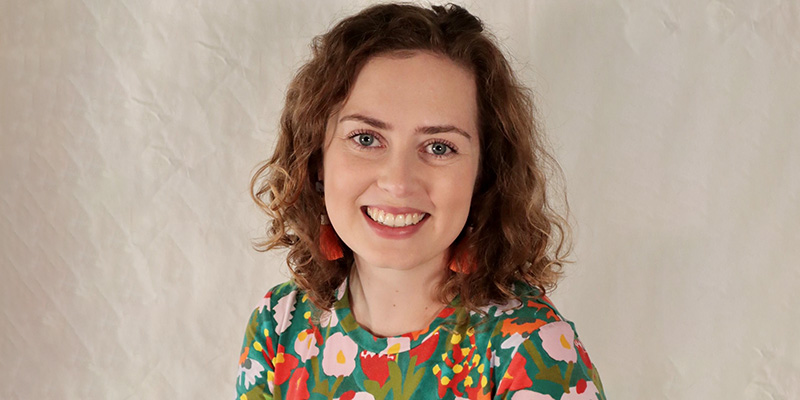
Dr Samantha Carlson is an early career mixed-methods social scientist, leading research that seeks to understand how to improve access to and understanding about vaccination.
Samantha fell into research purely out of passion for vaccines and infectious diseases and preventing them.
I did an undergraduate in a Bachelor of Science, and we had one lecture on public health, I thought this is just amazing. And that night I went home and enrolled in a Master of Public Health, and subsequently did my PhD in this area
As a Senior Research Officer in the Infectious Diseases Epidemiology team at The Kids Research Institute Australia, Samantha was attracted to coming here for its reputation and the reputation of the people. She loved the idea of working closely with amazing people everyday focused on children being happy and healthy.
Dr Carlson has already made a significant contribution to the field, both nationally and internationally, for her work in COVID-19 and influenza vaccination of children and adults, as well as routine vaccination of children. Dr Carlson is passionate about providing better health care to populations who are vulnerable to either a high infectious disease burden, or poor access to health care.
Closing the gap between Aboriginal and non-Aboriginal children living in Perth with vaccine uptake and then nationally is an immediate focus. Achieving this in a culturally appropriate way and really listening to what the community wants from research is always a priority at The Kids.
With the support from the Illuminate Award, Samantha will be enabling support of an Aboriginal Research Assistant in her team who works closely with the Aboriginal community, as well as health care workers and organisations, to find solutions to increase vaccine uptake together in a culturally appropriate and co-designed way.
It's a big gap and I'm honoured to be working alongside the Aboriginal community, researchers and health care workers to learn about what's needed to protect kids from infectious diseases here in Perth.
Your focus has been on the high burden of disease and poor vaccine uptake in vulnerable communities, what have you identified as the cause of this?
Populations who have either a higher burden from vaccine preventable diseases tend to have lower and fewer opportunities to access good quality health care. I have been focusing on culturally and linguistically diverse populations, as you said. We had an amazing focus group about the COVID vaccine with women from this community last year. The conversations we had identified that they tend to be willing to get a vaccine, but just have been left behind in communication efforts. Which is so disappointing.
I'm also focusing on working with the Aboriginal community here in Perth in particular to increase vaccine rates in children. Because there's quite a big gap between Aboriginal and non-Aboriginal children living in Perth in terms of vaccine uptake. Compared with national statistics Aboriginal children in WA have the lowest uptake.
You mention working with Aboriginal communities here in Perth, how have these been facilitated?
We have been conducting yarning groups with Aboriginal adults in Perth. This project we are focussing on what they think about the COVID vaccine for themselves and their children. All our research aims to be delivered in a culturally appropriate way, and really just listening to what the community wants from research. We have employed an amazing Aboriginal research assistant, Paige, who connects with the community, and is integral in explaining what our research is going to be about and garner community support.
How will your Illuminate Award support your work at The Kids?
Paige has been leading the community consultation process as well, there is just more and more demand for this type of work to be done. Therefore, I secured this funding to support her.
I hope this support helps build Paige’s career as well, through this increase in responsibility she will be able to access more professional development opportunities and build her network.
I think Paige herself is so rare and she has taught me so much already in the last nine months that she's been working with us and I don't want her to go anywhere from The Kids.
She has ambitions to do a Masters or PhD in Infectious Diseases and I really want to be heard. That’s what happened with me when I was a more junior, I had people around me to really help.
I want to be able to do the same for people who really show passion and commitment to their work.
